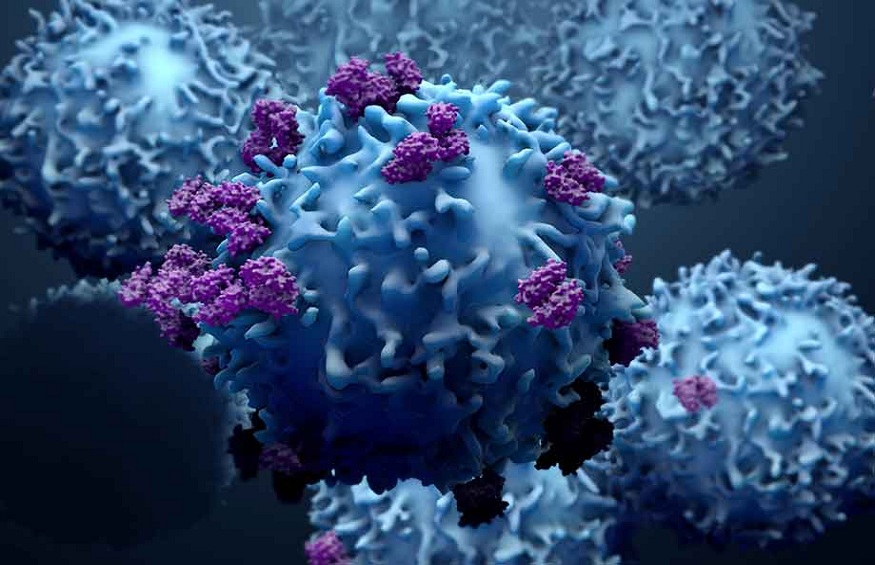New Drugs to Treat Breast Cancer With Neratinib
New studies are showing that Neratinib, a drug to treat breast cancer, may also work on women suffering from small cancers that do not have any tumors. The compound is in the process of being tested on human clinical trial patients. It has already been shown that it can increase the growth rate of cells taken from the breast. When used in combination with the currently available treatment, some patients may get better results and some might even eliminate their disease. However, results are still very much preliminary.
There are three types of small cancers that researchers are focusing on. One is called squamous cell carcinoma. This is the most common type, however it does not produce symptoms until it spreads to other areas of the body. The treatment for this type of cancer is chemotherapy, but with the use of Neratinib, the effects of the chemotherapy drugs can be reduced.
One type of cancer that researchers are studying is ductal carcinoma in situ. This is an invasive form of breast cancer that usually occurs on the inner surface of the breast. Another type of cancer is called adenocarcinoma that develops in the lining of the duct. And the third one is called epithelioid carcinoma which grows on the surface of the breast. These three forms each require a different drug in order to treat breast cancer with Neratinib.
Before this research, the only way to treat small tumors was through surgery. Sometimes the procedure was successful, but left the patient with a scar that was difficult to treat. With the new treatment, however, patients may have a smooth recovery because there will not be any more incisions while they are undergoing the treatment. A less invasive option means less scarring as well. The surgery involved removing the tumor through a minor incision. Afterwards, chemotherapy would then be started.
There are also studies being conducted about combining the drug with the chemotherapy. The idea is to increase the effectiveness of both treatments by activating a drug-reactive protein. However, results are yet to be fully developed. It is also possible that this combination could make breast cancer therapy more effective than it already is. There have been cases where women have had good results with this treatment.
It is a great idea to ask your doctor what type of treatment he recommends for you. You may need to have more than one type of treatment depending on the stage of the tumor. In some cases, a combination is enough to successfully treat breast cancer. However, be sure that you get to share your treatment plans and expectations with your doctor. He or she can give you useful information regarding your condition.



